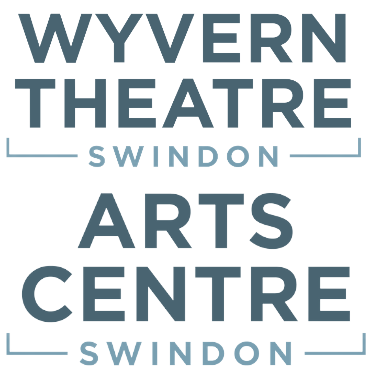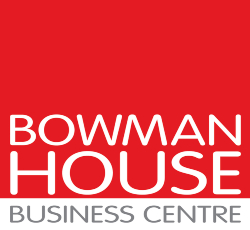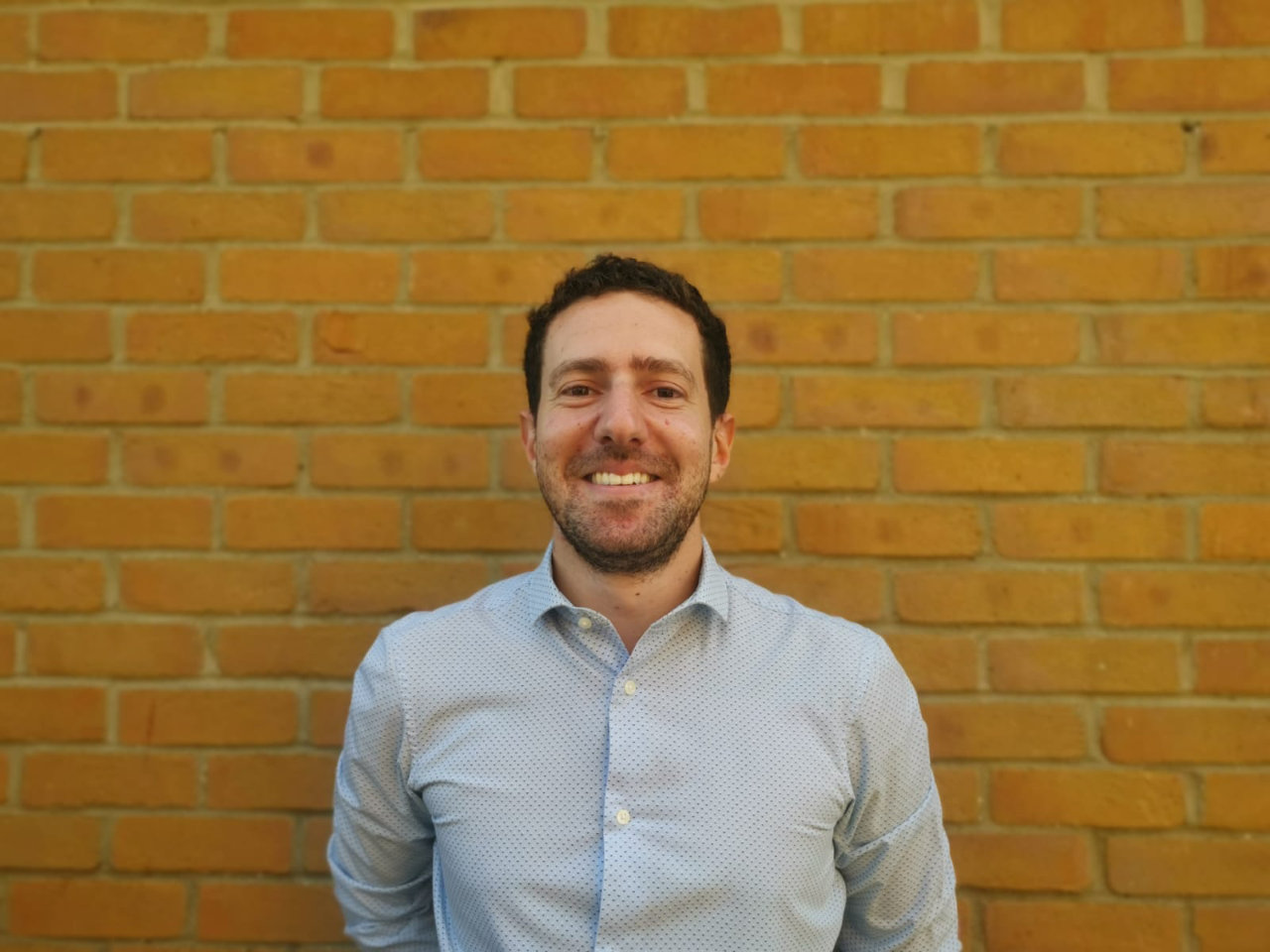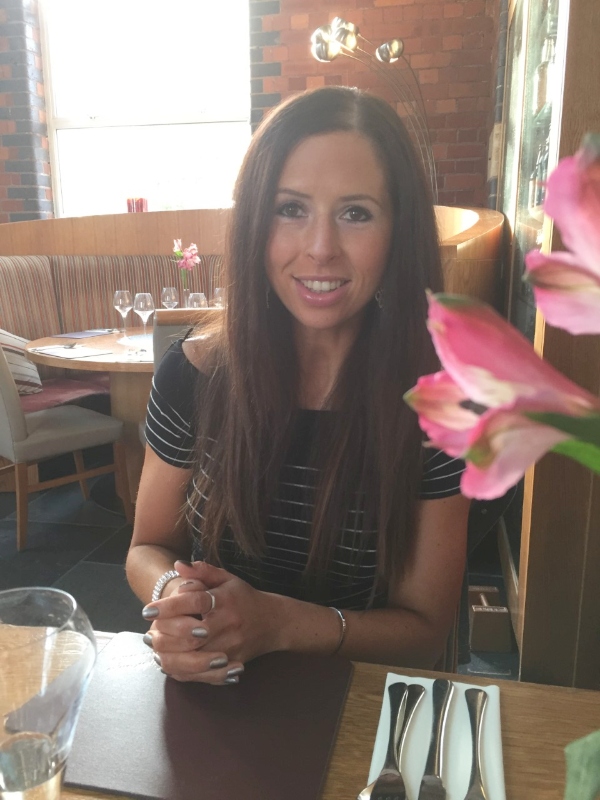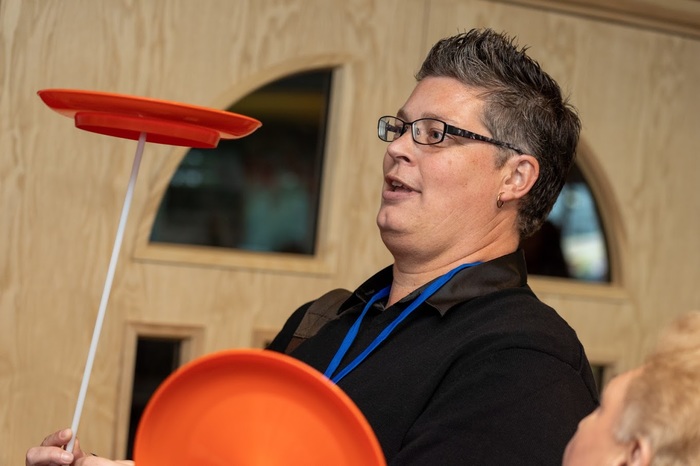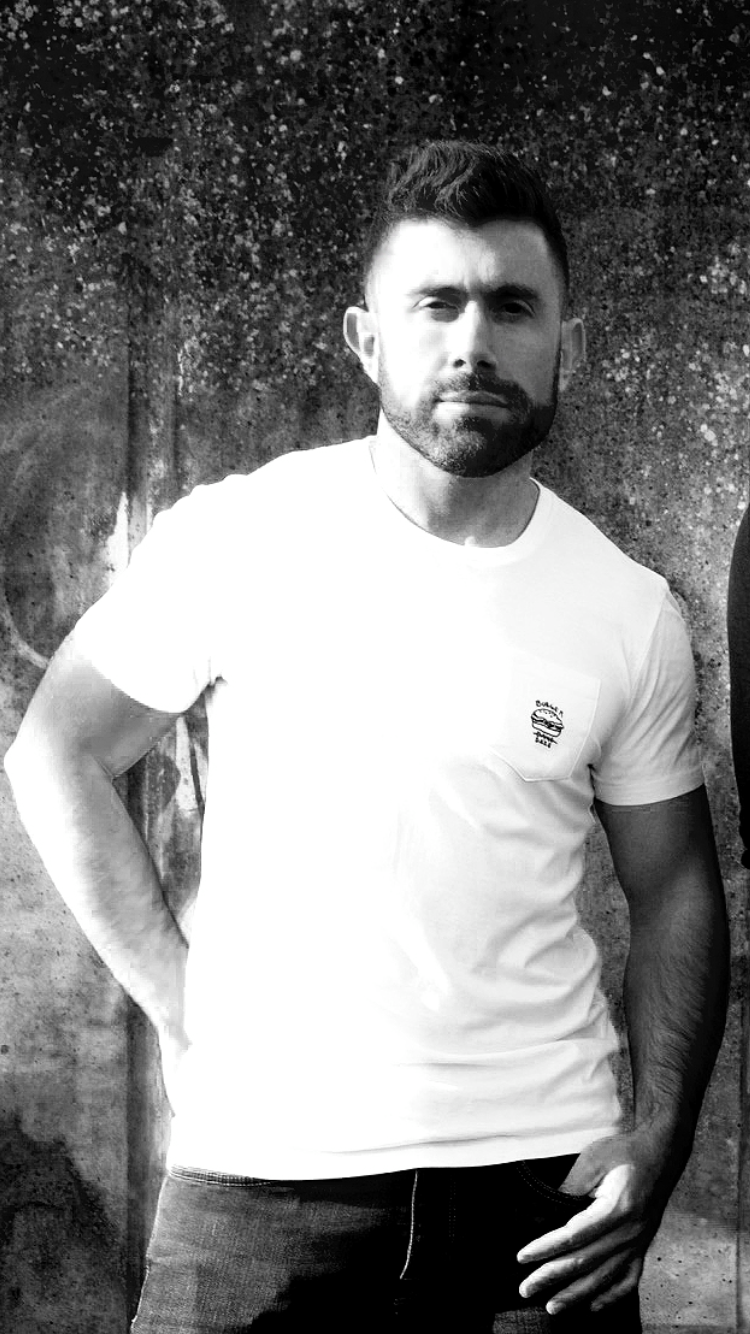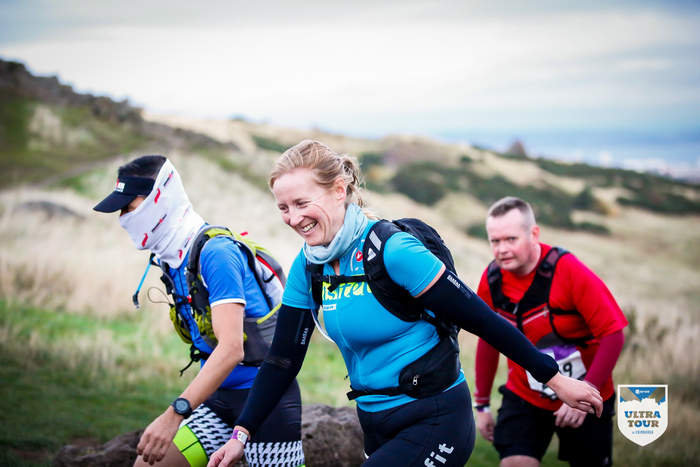TGt Meets...Francesco Mazzotta, Programme Leader for A Level & GCSE Ancient History
Meet our latest TGt Meets...Francesco Mazzotta, the programme leader for A Level and GCSE Ancient History at one of Swindon's best colleges, New College. We got to know all about what the course entails and where the course can take you!
Tell us a little bit about yourself…
I was born in Swindon but spent some of my childhood in a little town called Ingolstadt near Munich in Germany. Bavaria is teeming with historical sites and so I quickly fell in love with history, walking around medieval castles and towns and immersing myself in the past as a kid. My parents are both Italian so I also spent a lot of time in Italy where I first encountered the Romans and began my passion for the Ancient World.
At 18 I studied Ancient History at Swansea University, and then undertook a Master’s Degree in Classics and Ancient History at Bristol University. Afterwards I committed to pursuing a career in teaching and joined New College in 2014.
What is your role at New College?
I’m the Programme Leader for A Level and GCSE Ancient History and have been teaching this subject since 2014. I'm also a teacher of A Level Classical Civilisation and have taught Latin at the College.
What inspired you to become a lecturer?
I always knew I wanted to share my love of the ancient world with others. This usually involved pestering friends with random facts and trivia; until at University I was given the chance to teach Latin to primary school students and adults. I absolutely loved the creativity and passion that was needed to engage students in learning and quickly realised that teaching was my calling. After completing my Masters in 2014 I was fortunate enough to secure a job at the College and since then have taught hundreds of students in both Ancient History and Classical Civilisation. It sounds cliché but there really is nothing more meaningful than making a difference in others’ lives and when I see students at the end of the course able to pursue their goals, often studying the ancient world further at University, I realise I wouldn’t want to do anything else.
What are the key modules or civilisations that are studied on the Ancient History courses at New College?
Ancient History primarily focuses on the civilisations of Ancient Greece and Rome, though our studies do include explorations of Ancient Persia, Egypt and many others.
At A Level we study the civilisations of Ancient Greece and Rome. On the Greek side of the course this includes exploring famous wars and battles such as the Persian Wars between the fledgling Greek states and the mighty Persian Empire, and the Peloponnesian War where Athens and Sparta fought for supremacy over the Greek world. We also explore the society of Ancient Sparta in the Second Year and the lives of Spartan men and women: an enigmatic society that still captivates audiences today. On the Roman side we explore the factors that caused the fall of the Roman Republic, before then diving into the reigns of the first Roman Emperors: famous figures such as Augustus, Caligula and Nero. We look at famous events that occurred during their reigns - such as the conquest of Britain and eruption of Vesuvius - and discover how Roman society changed under the reign of the emperors in the first century AD.
At GCSE Level there is a chance to study key figures of the ancient world, men and women who shaped the cultures they lived in. These include figures such as Alexander the Great, Hannibal and Cleopatra. We also explore two key periods of ancient history: the Persian Empire and the Founding of Rome, and discover what political, cultural and religious changes occurred over the span of hundreds of years.
In Classical Civilisation we explore the culture, art and literature of these great civilisations. We read and analyse some of the world’s earliest and greatest literature – such as Homer’s Odyssey and Greek Comedy and Tragedy, we explore ideas such as mythology, philosophy and democracy, and we critique Greek and Roman sculpture, pottery and other visual mediums. Our key goal is to explore how the Greeks and Roman viewed the world around them, and the influence their ideas have had on modern society.
Have you always had a passion for ancient history?
Yes! As well as encountering history during my childhood in Germany and Italy, I grew up on Indiana Jones and Jurassic Park, and was obsessed with dinosaurs and the Greeks, Romans and Egyptians – I remember as a young child getting odd looks when I would proudly say I wanted to be a palaeontologist or historian when others my age wanted to be David Beckham – probably because I couldn’t pronounce palaeontologist! Any chance I had to indulge my curiosity I would take, and then snapped at the chance to study Ancient History at University and make a career out of teaching it. Though I haven’t ran away from any giant boulders or dinosaurs at the College lately I’m glad that I retained the same excitement when exploring the ancient world through my teaching.
Who is the course well suited too?
Of course if you share the same love of the Greeks, Romans and Egyptians as me then you’ll be perfect for the course! Though you don’t need any prior knowledge to study either Ancient History or Classical Civilisation at GCSE or A Level, just enthusiasm and a hardworking attitude. Many students I teach say they enjoyed learning about the ancients from horrible histories, museum visits or “Greek/Roman days” at school but never got the chance to fully explore these periods of history until taking the course at the College.
We often make comparative studies between ancient and modern civilisation and so if you enjoy debating and exploring the big issues surrounding our current political, social and religious climate then this course will really appeal to you. Though the events we study happened between 2,000 and 3,000 years ago, the striking similarities between our civilisations will help empower you with the clarity and focus needed to engage with the complexities of current global issues.
One unique aspect of the course is that we utilise evidence from the ancient world to explore the past – this may be archaeological evidence such as coins, buildings or artefacts, or literary evidence such as histories, inscriptions, plays or even poetry. This gives the course an interesting blend of both academic and practical skillsets as you engage with 2,000 year old evidence to explore the past.
Do you have a civilisation that you find the most interesting?
Picking a favourite would be impossible as I love all of them so much! But if I had to choose one that I find particularly interesting it would be Ancient Sparta. The popular image of Sparta is of a militaristic warrior culture focused solely on fighting, but once you scratch under the surface you find a rich and diverse society that has had as much of an influence on the modern world as any other civilisation from the past. They are also a real enigma: on the one hand they provided public education to all citizens, gave women a status and power not seen anywhere else in the ancient world, and attempted to create an equal and harmonious society among their citizens – on the other hand many of their practices eerily echo the totalitarian regimes that plagued the twentieth century. They provide a puzzle that is still questioned by historians today.
Have you travelled to many of the countries that are covered within the subject you teach?
As someone with an Italian heritage I have travelled all over Italy and visited the major sites of the ancient world. I also visited Tunisia as a child and the site of Ancient Carthage. I had planned to visit Egypt in 2011 but cancelled because of the Arab Spring, and this year we had organised for students of the College to visit Naples and Rome and I was then planning to backpack across Greece, but this was all disrupted by the Coronavirus and will have to be postponed until (hopefully) next summer. Perhaps I'll pray to Hermes next time and hope for more favourable odds!
If you had to pick 3 people to have dinner with from the ages who would they be?
I have hundreds of historical figures from the ancient world I would like to meet! So to save boring you to death I'll focus on who would be good at a dinner party:
Herodotus: he was a Greek from Halicarnassus, known as the “Father of History”. He claims to have visited Egypt and Persia and even ventured as far as the Scythians who live in the steppes near modern day Ukraine and Russia. He is also known as the “Father of Lies” as he has a tendency to tell us very peculiar and fantastical details about the places he visited, so I'm sure he would be able to tell some good stories!
The Emperor Nero: probably not somebody I'd like to meet personally but his palace, the Domus Aurea or “Golden House”, had a dining room with revolving ceilings that replicated the heavens, and he was known for hosting extravagant banquets and supporting the arts - I'd leave him in charge of the catering but wouldn’t be letting him near any open flames after the whole “Great Fire of Rome” incident.
The Spartan Queen Gorgo: as Spartan women were known for their wit, cutting jokes and fiery personalities I would love to see her knock Nero down a peg or two. Though the Spartan delicacy, melas zomos, was a soup made from pigs' blood, salt and vinegar – so I'd keep her away from choosing food from the menu.
I’ve thought about this way too much.
What advice would you give to those who would like to pursue a career in teaching Ancient History?
Study a wide range of civilisations and periods of Ancient History at University to give yourself the breadth of knowledge needed to teach the subject. Learn either Latin or Ancient Greek as this helps for employability prospects. Read as extensively as you can as your students will ask lots of interesting questions about the ancient world and you’ll want to answer them. Most importantly have a lot of passion and enthusiasm!
What are the progression options after completing the course?
Ancient History and/or Classical Civilisation are very academic and respected by Universities and employers.
Most students progress onto University, many pursue studies of the ancient world further but most will undertake studies in other subjects with the skills they developed. Last year I had students progress into studying Politics and International Relations, Law, Psychology, Archaeology and even Biology.
There are careers directly tied to historical studies such as heritage management, museum curation, archaeology and research. These courses also develop a breadth of transferable employability skills such as research, analysis and evaluation, project and self-management and the ability to formulate impartial arguments that make you suitable to many careers and attractive to lots of employers.



